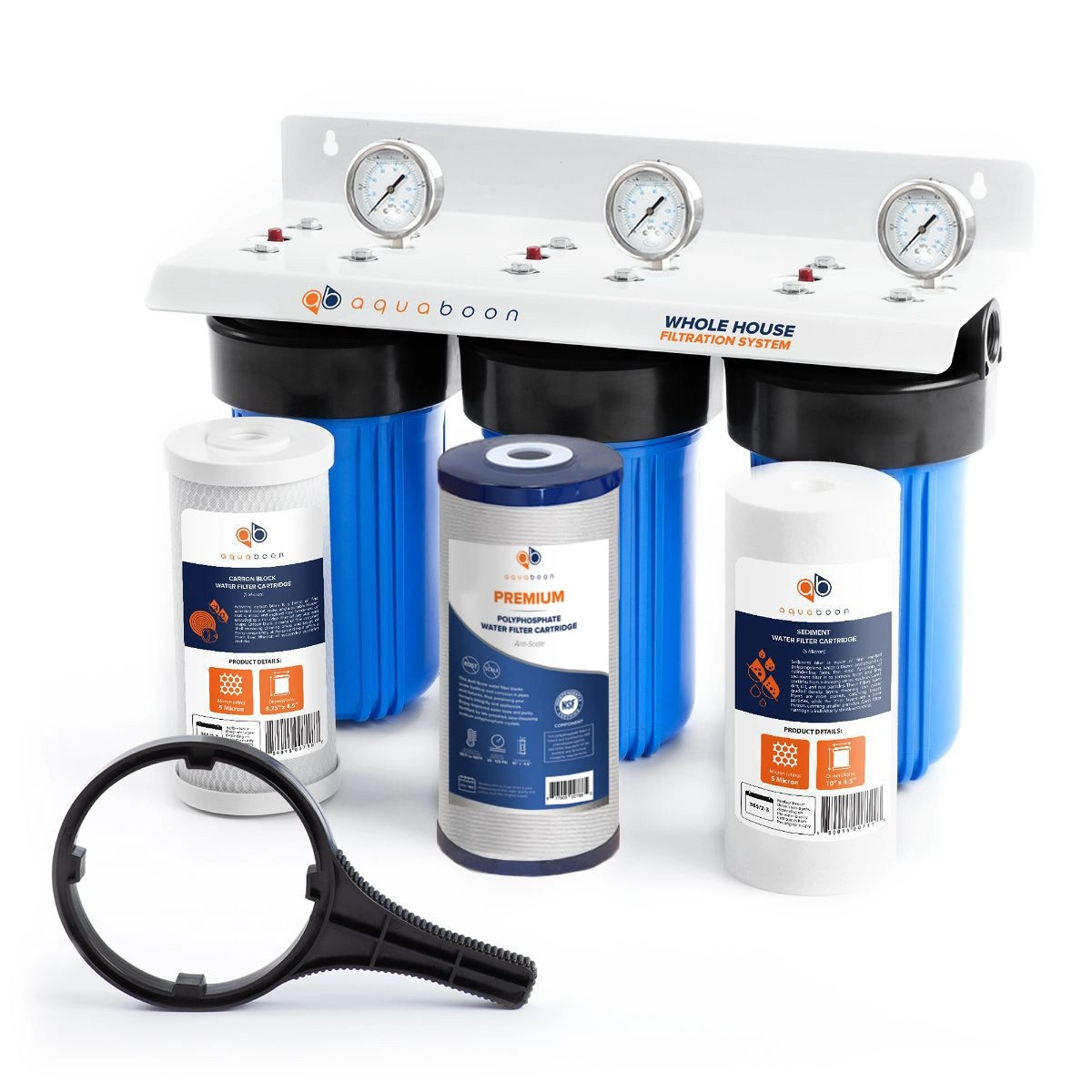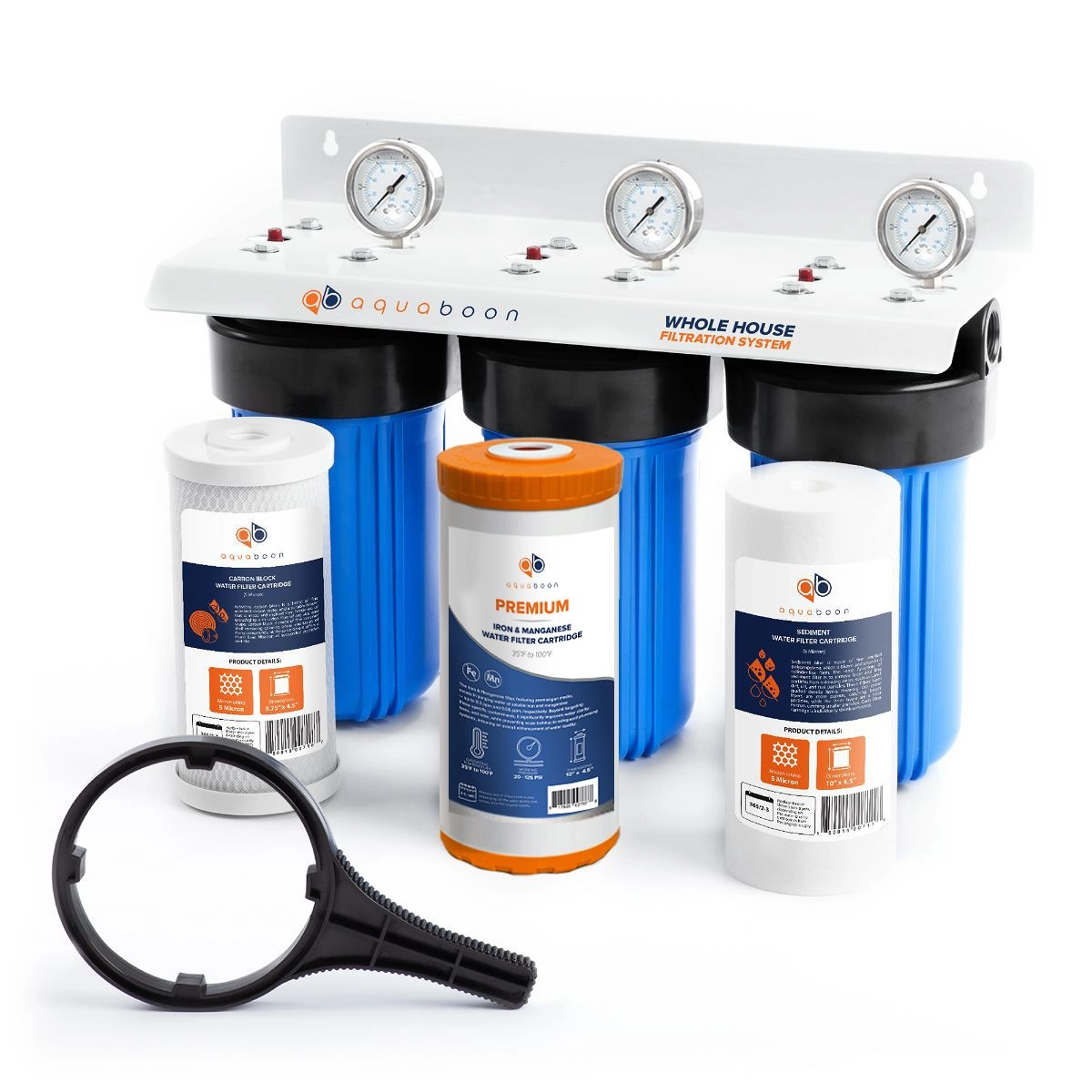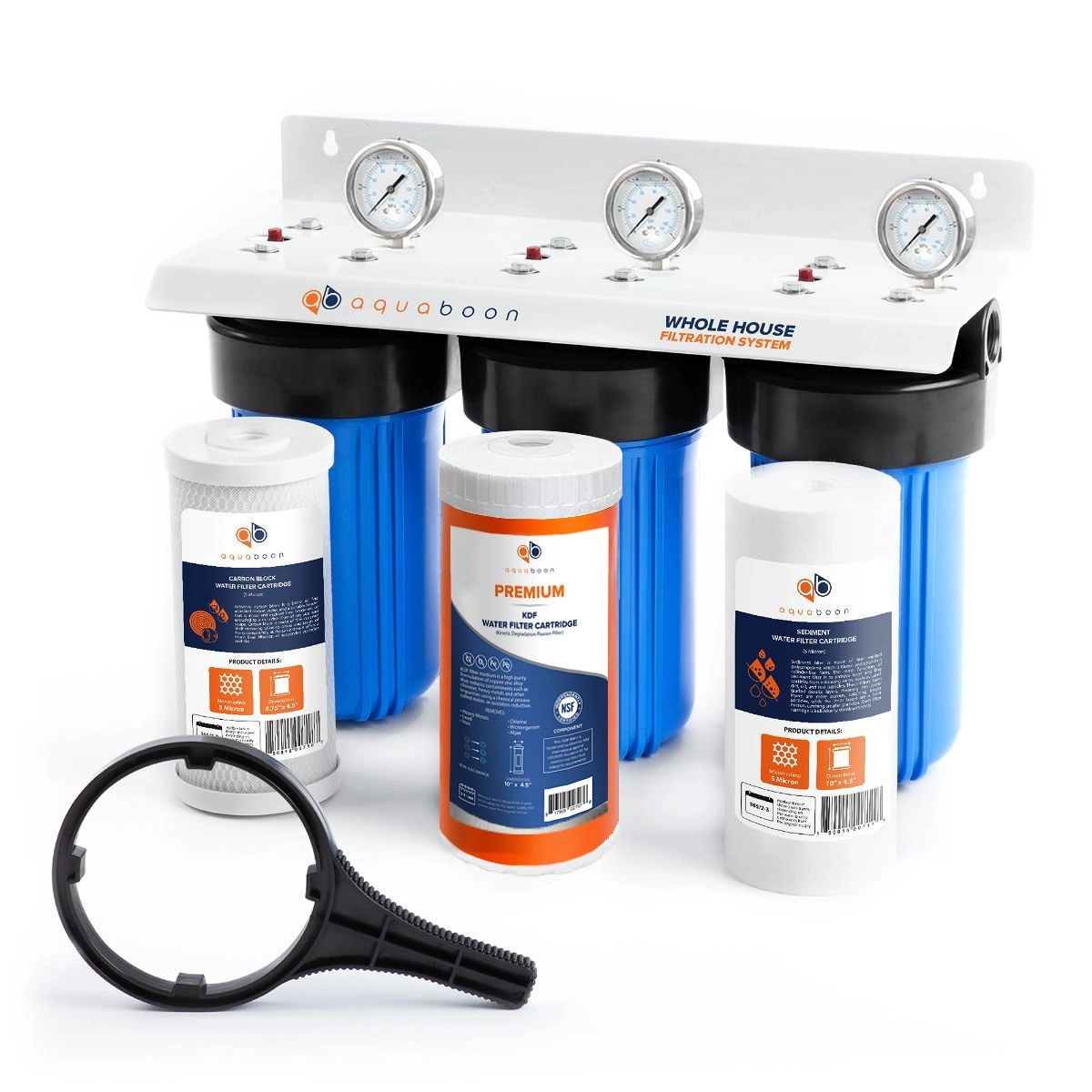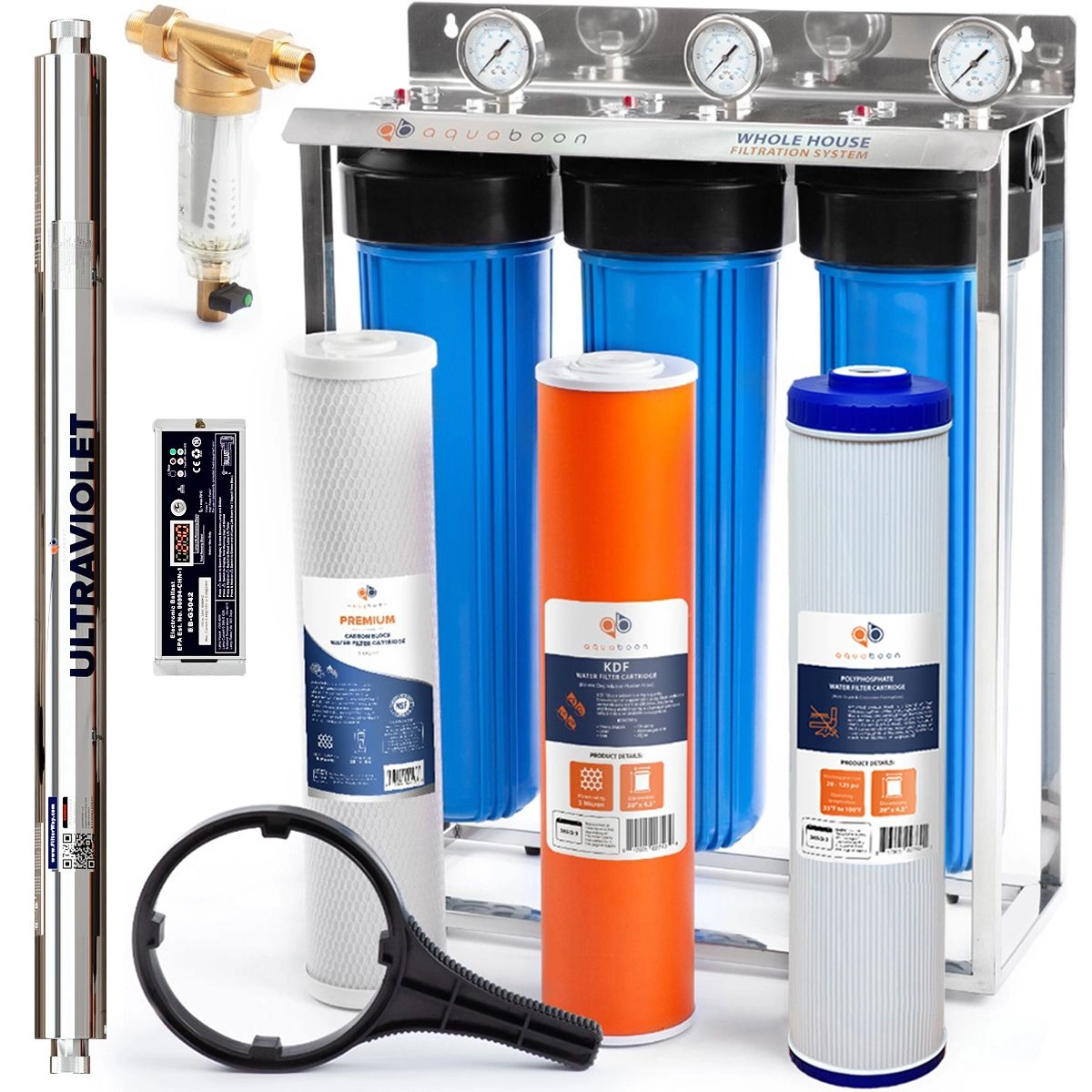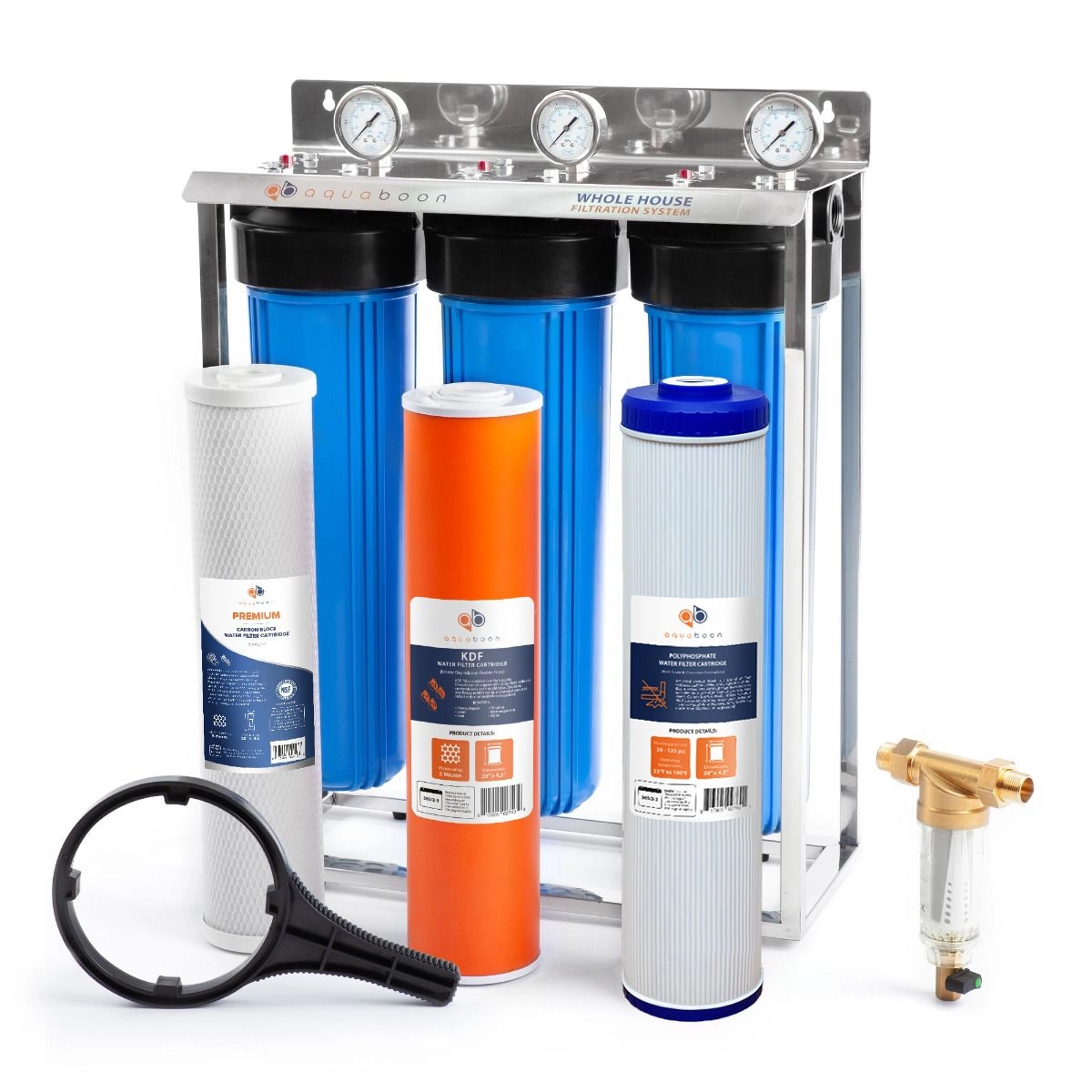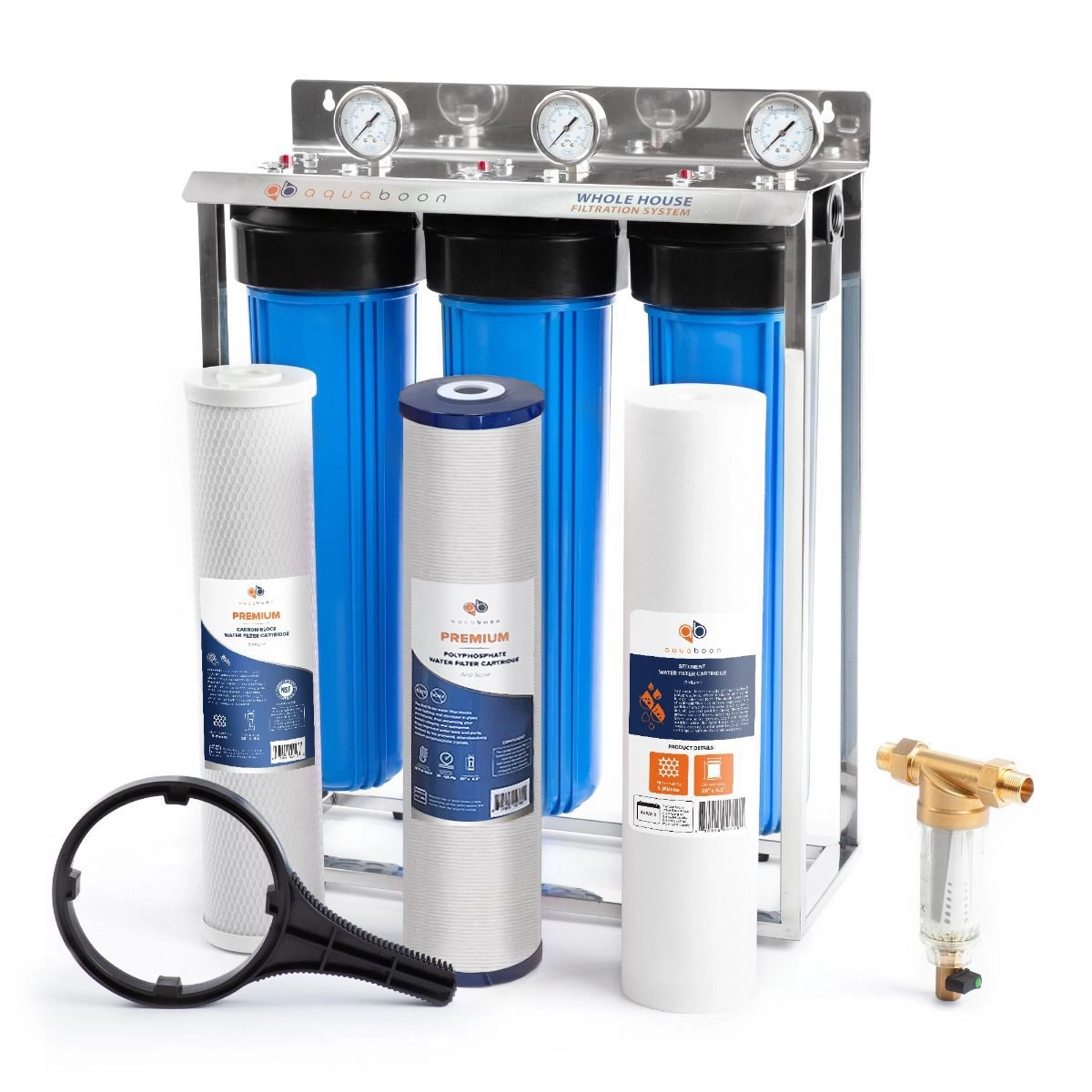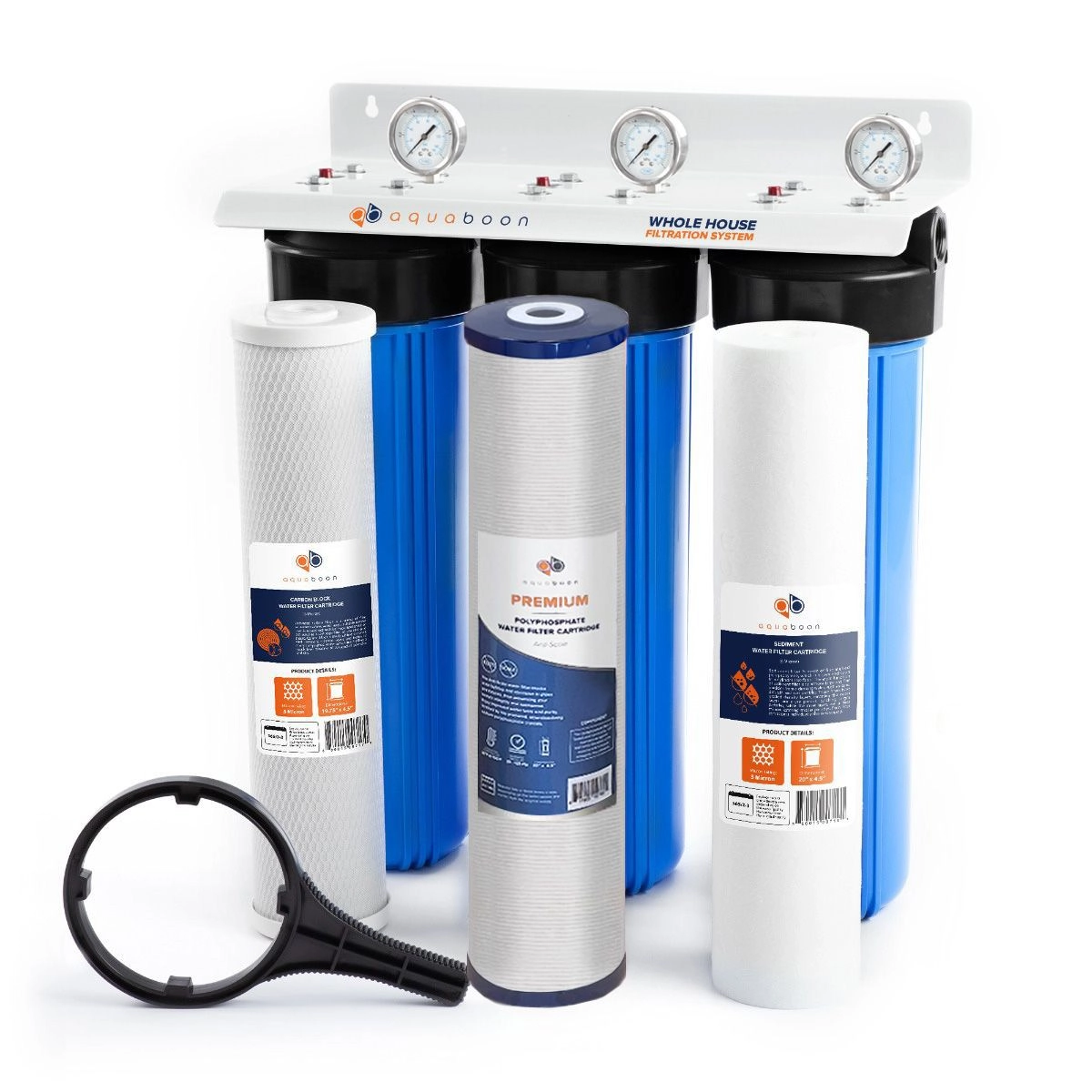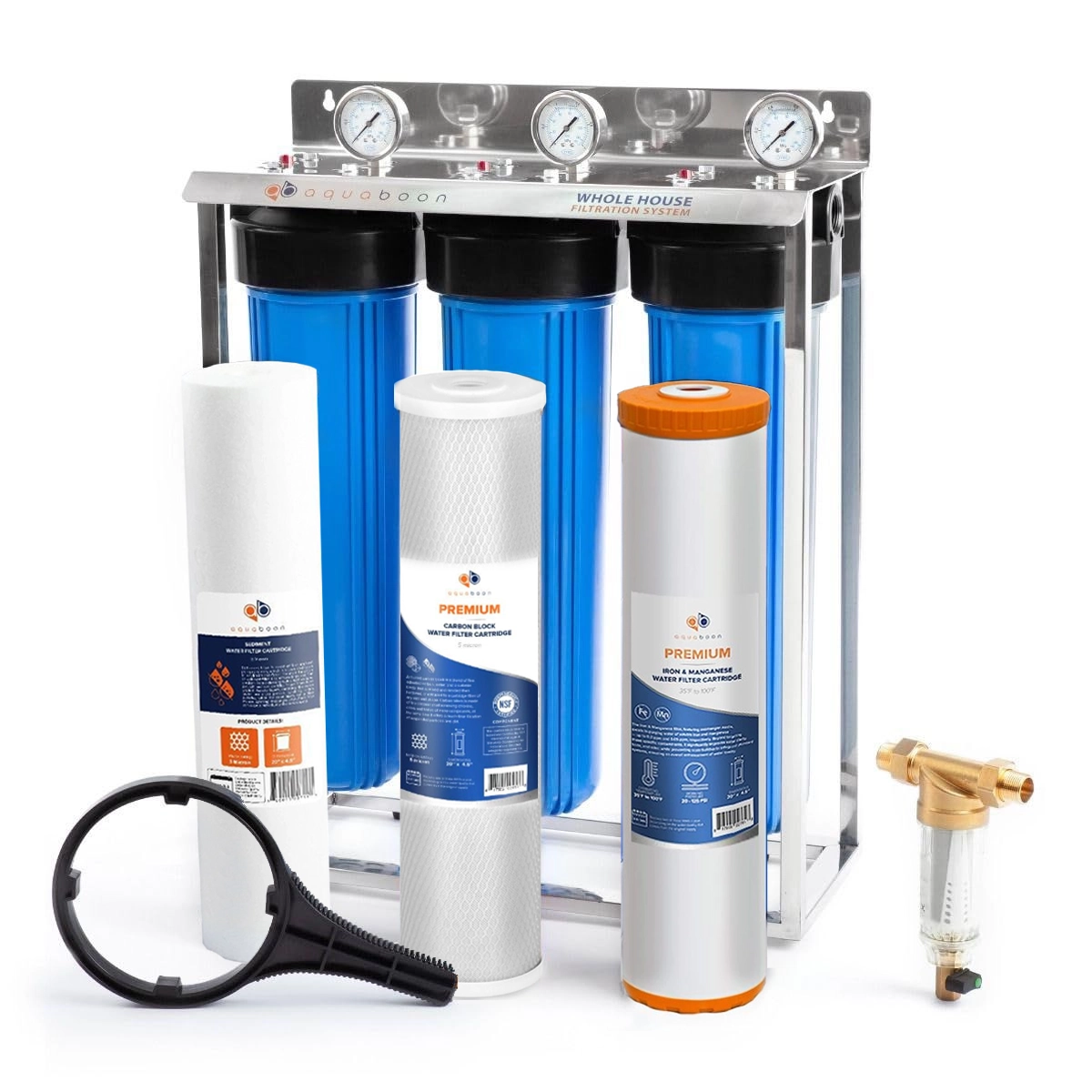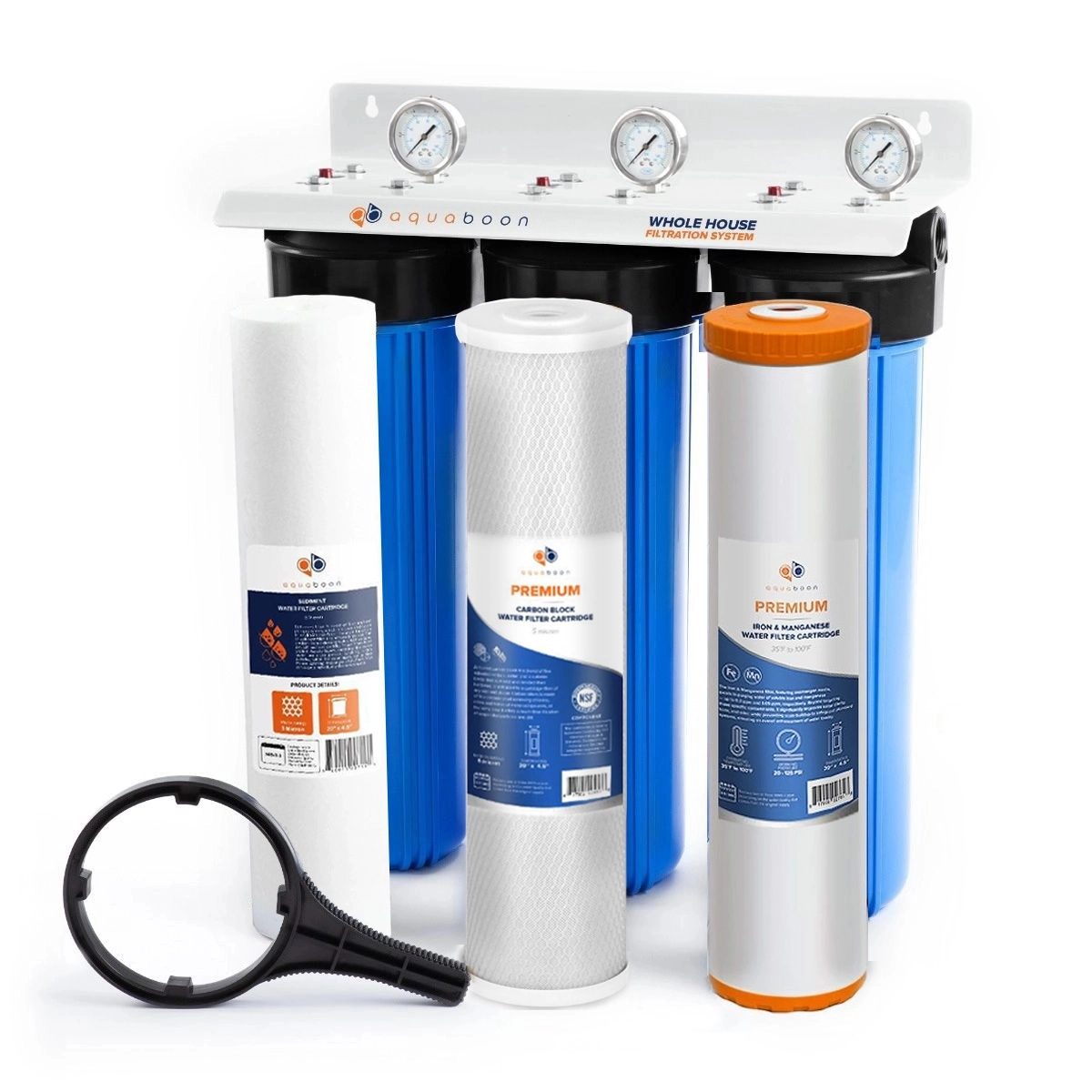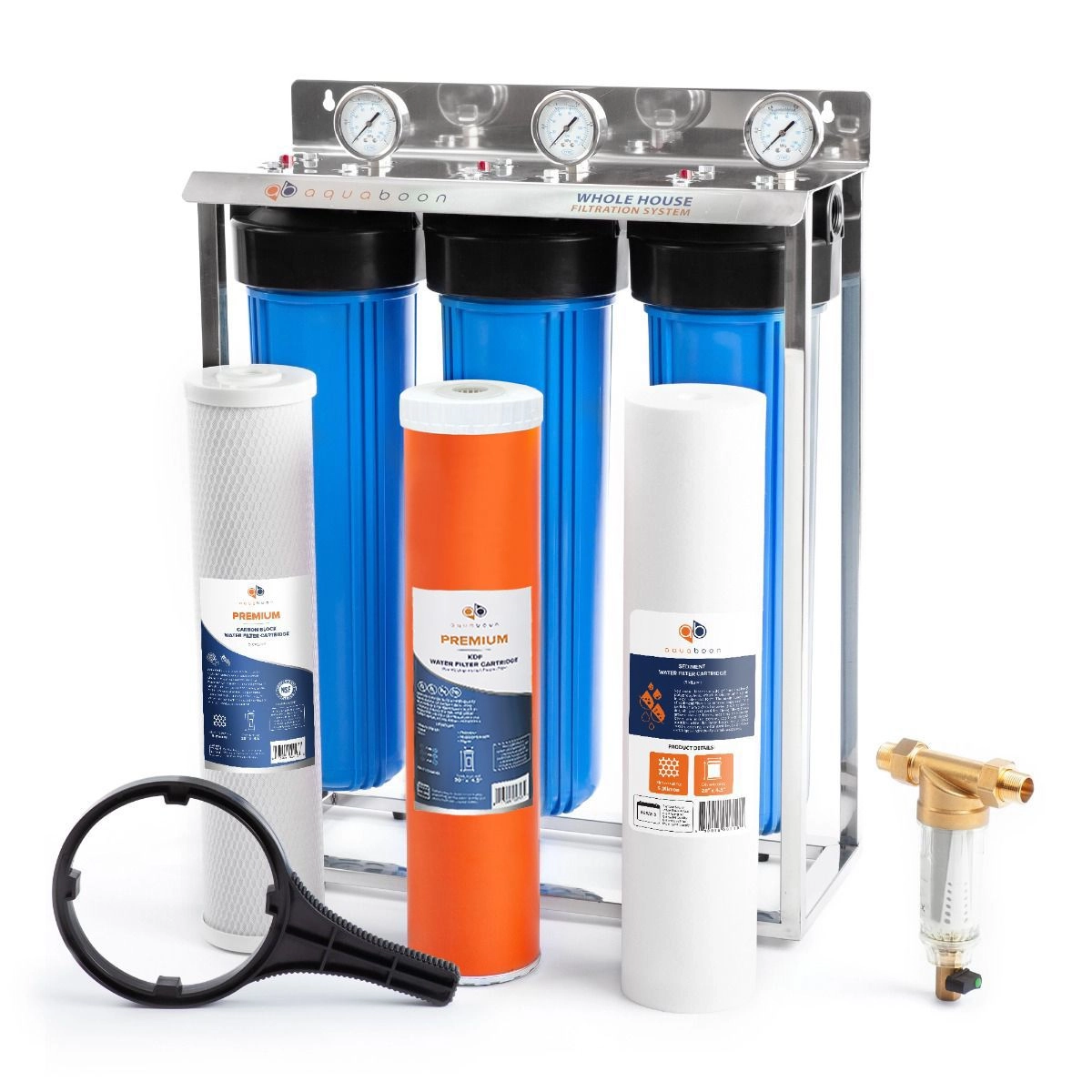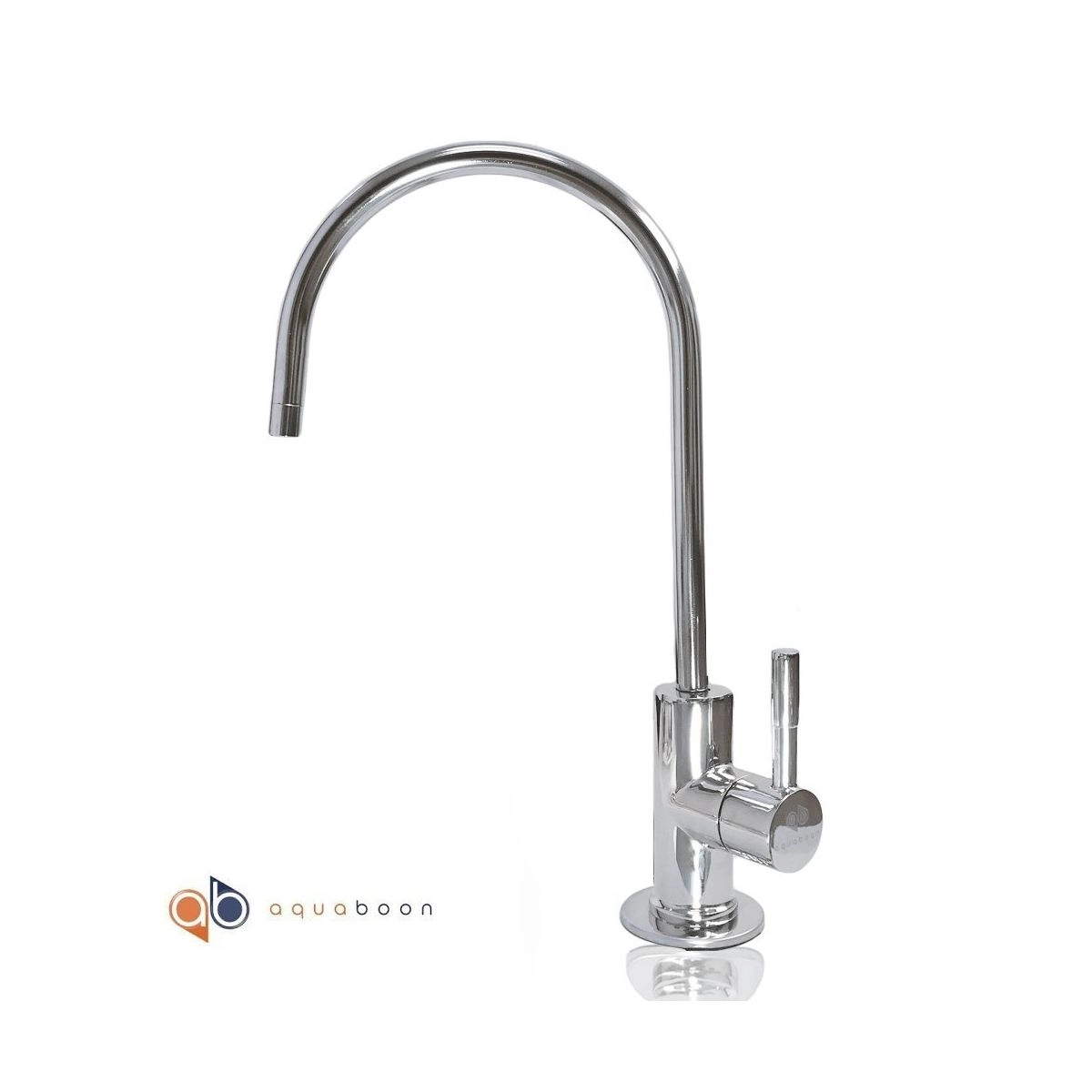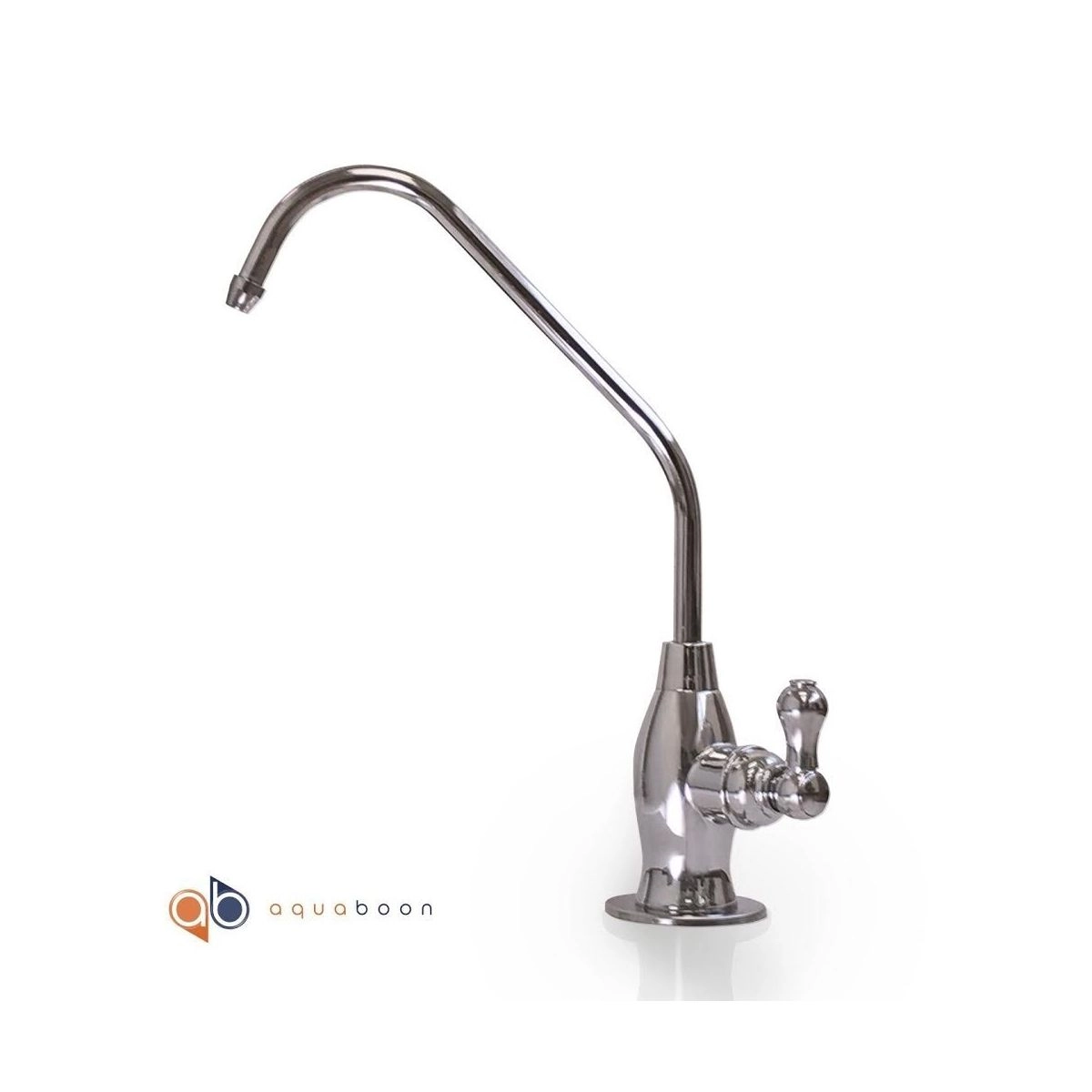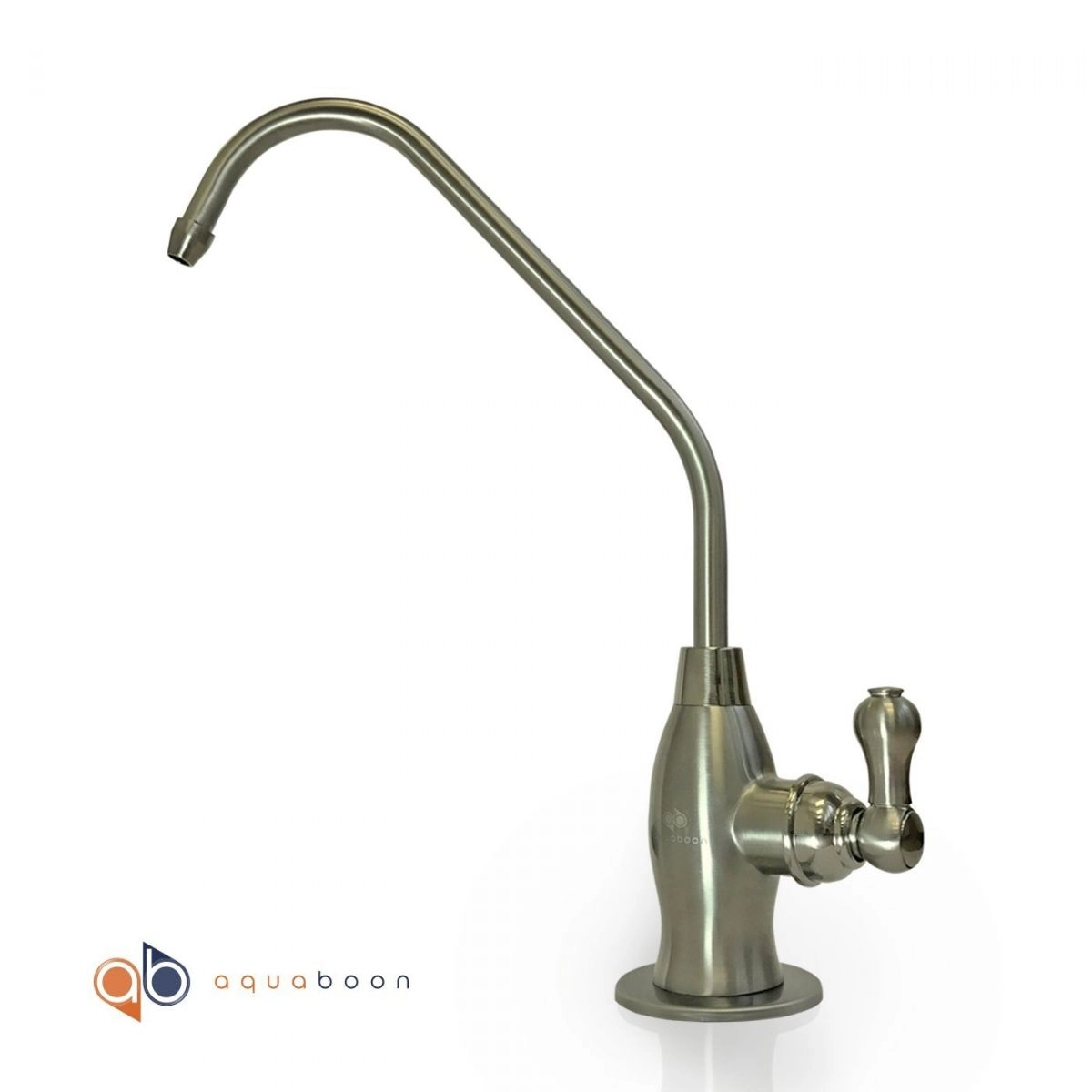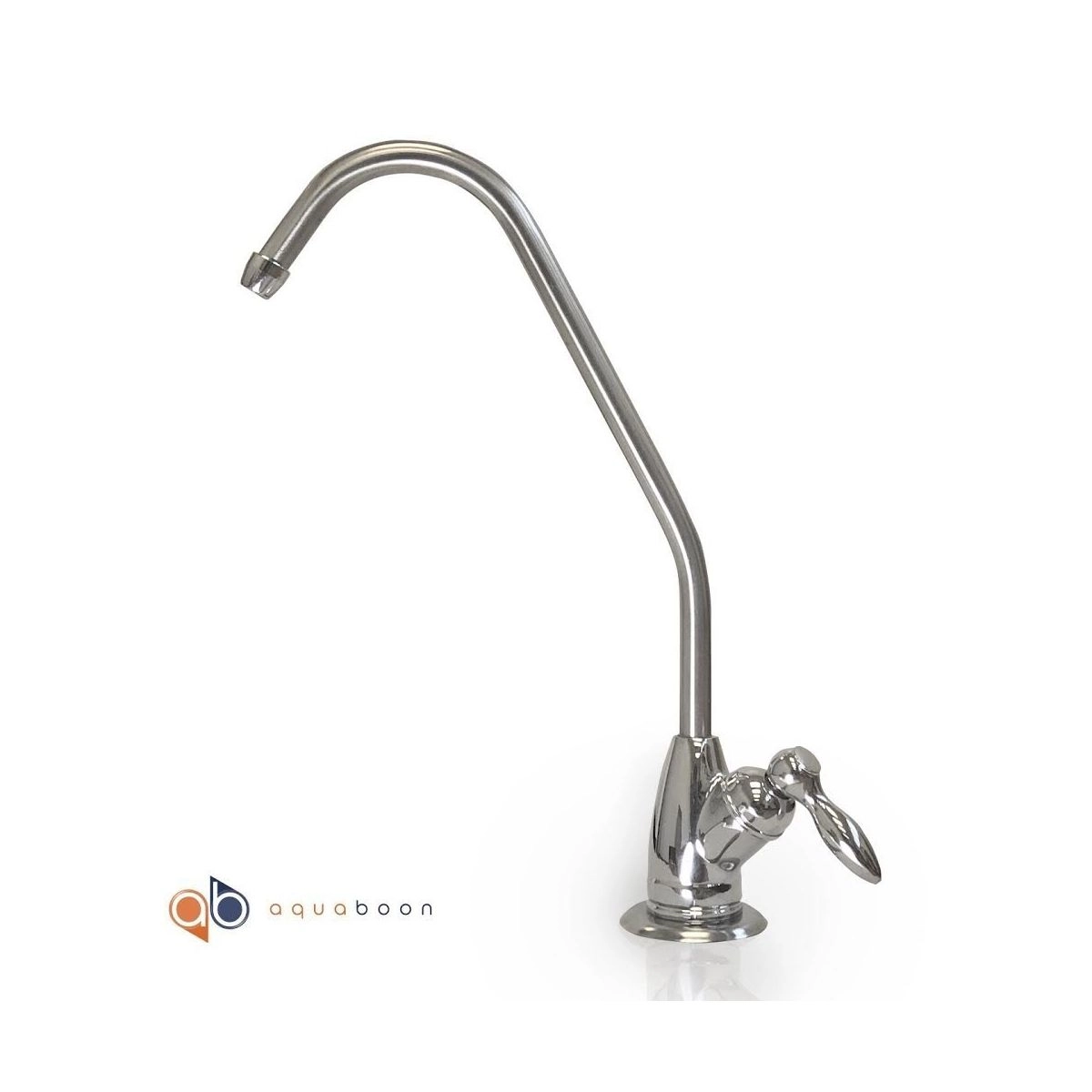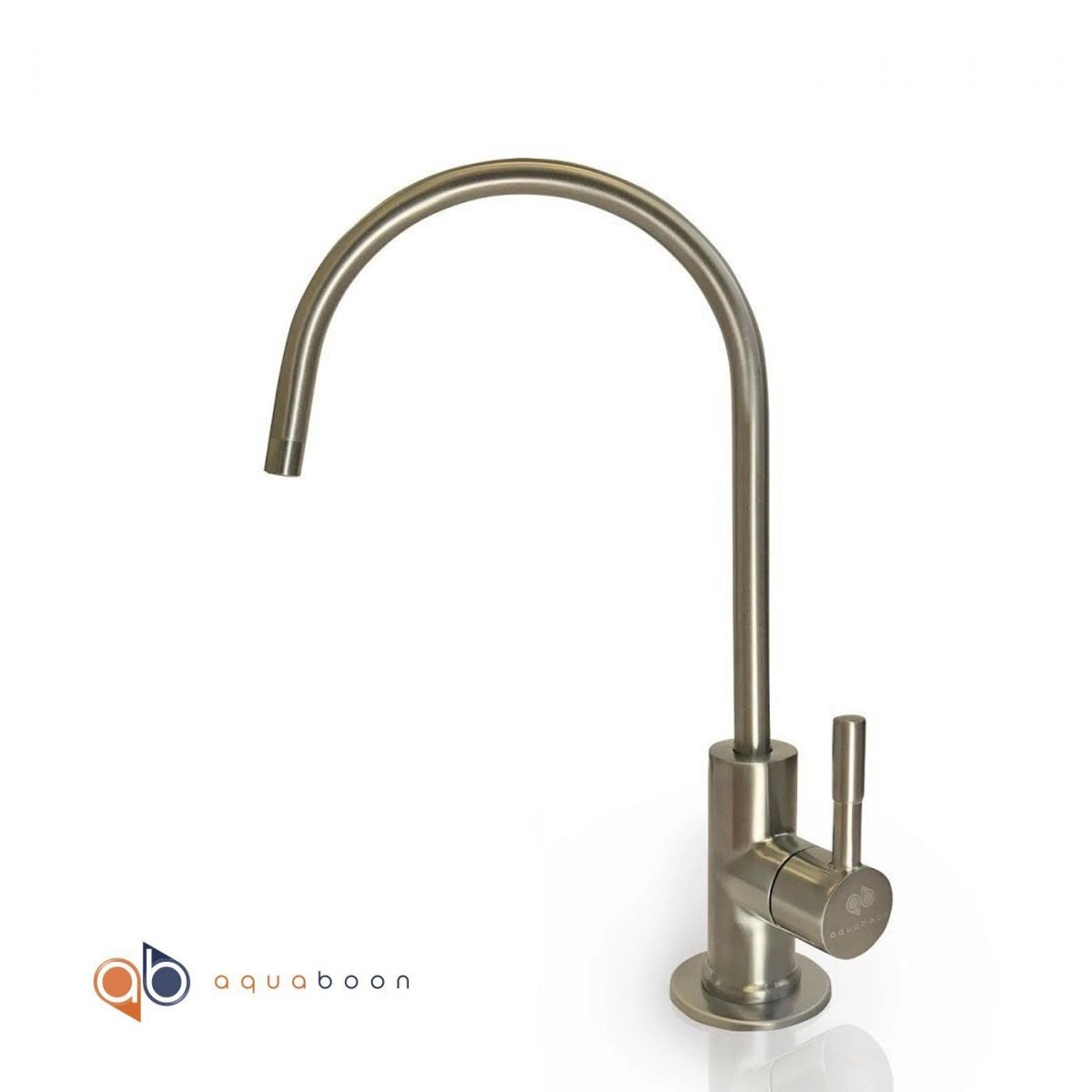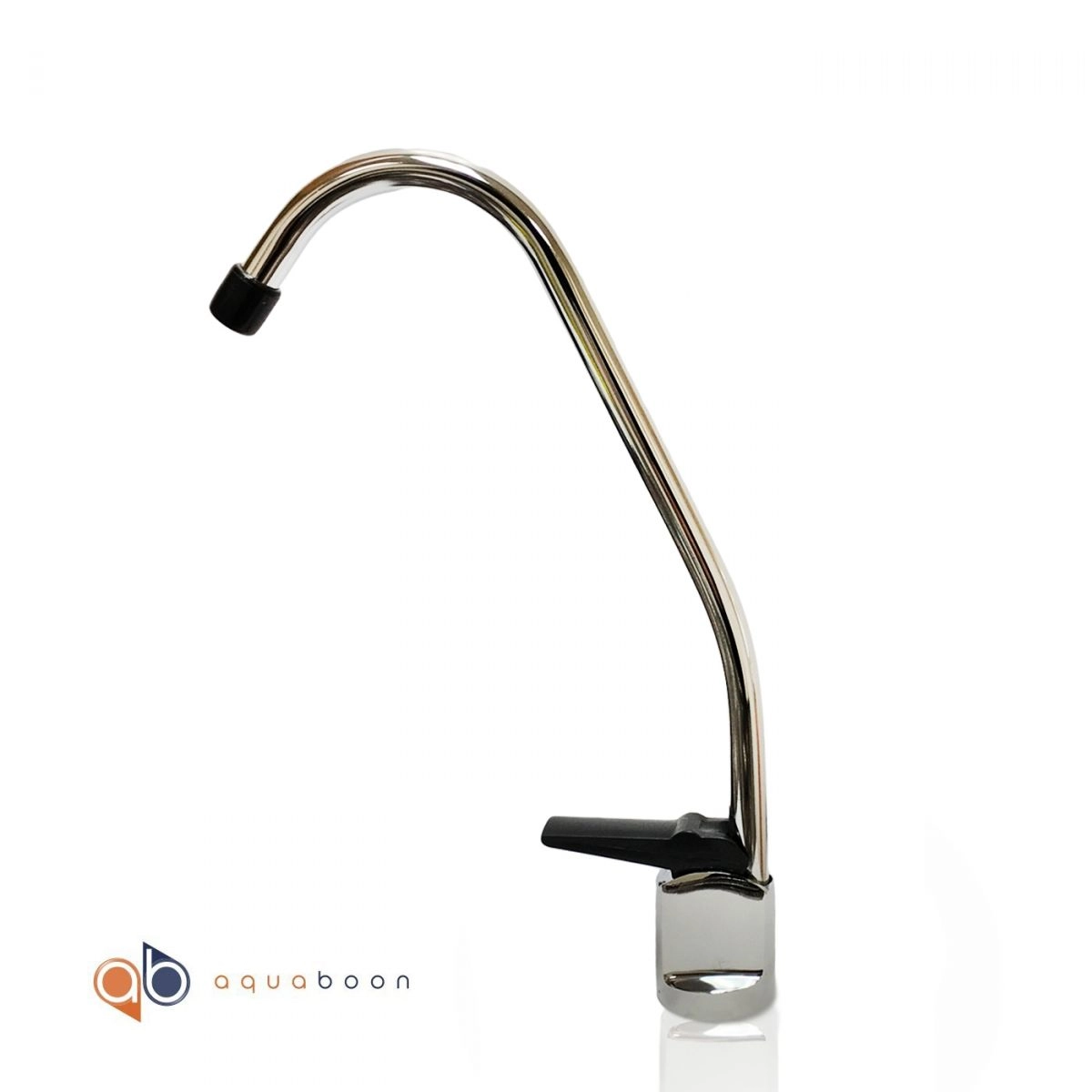Getting clean water can be pricey, with an average American family spending over $400 per year on bottled water. In contrast, home water filtration systems require an initial investment, but the yearly costs drop to around $40 to $100 for a whole-house system.
This difference in cost highlights the savings water filtration systems offer. They are a smart choice for both health and budget. This article will explore how to maximize cost savings with home water filtration systems. We will also explore the factors affecting these costs and learn how to make cost-effective filtration choices.
Let’s get started.
The Benefits of Investing in Home Water Filtration Systems
Clean and safe drinking water is a fundamental necessity for maintaining good health, aiding in hydration, digestion, and overall bodily function. However, the reality is that tap water may sometimes harbor contaminants posing health risks. This underlines the crucial role of a reliable home water filtration system in ensuring a safe water supply.
Moreover, investing in a water filtration system transcends health benefits. It also unfolds into broader realms of cost-effectiveness, reducing the dependency on bottled water and making an environmentally responsible choice. Let’s take a closer look:
You may be interested in: Whole House Water Filters Buying Guide
Cost-Effectiveness of Water Filtration
The initial home water filtration systems cost might seem substantial, but it's a cost-effective solution in the long run. Over time, the ongoing cost of home water filtration systems is significantly lower than the recurring expense of bottled water, leading to substantial savings.
Reduced Reliance on Bottled Water
One of the significant benefits of investing in home water filtration systems is the reduced reliance on bottled water. With a constant supply of clean and safe water straight from the tap, households can significantly reduce bottled water purchases. This translates to considerable savings on water expenditure over time and substantially reduces plastic waste.
Ecological Considerations
Beyond reducing plastic waste, water filtration systems promote the efficient use of local water sources and minimize the energy footprint associated with the transportation and refrigeration of bottled water. These systems, for example, whole-house water filters, are built to last, with a reserve capacity of 100,000 gallons or a lifespan of 12 months, underscoring their long-term utility and efficiency. This ecological mindfulness contributes to a greener and more sustainable environment.
Whole-house water filtration systems offer a comprehensive solution for water purification in homes. The total expense is modest compared to the long-term benefits and savings when considering the whole house water filtration system cost and the water filtration system installation cost. This investment caters to health and cost savings and promotes environmental responsibility, making it a highly beneficial choice for homeowners.
Understanding the Cost of Home Water Filtration
Many health-conscious homeowners ask, “How much a filtration system for well water is?” "How much is a water filtration system for a house?" Well, the primary cost of a water filtration system for a home can vary based on several factors, including the type of system, maintenance cost, and your unique requirements. Let’s delve deeper.
System Type
The type of system you choose significantly affects the overall cost. For instance, the average cost of home water filtration systems of the faucet-mounted type could hover around $20, whereas a whole-house system could range from a few hundred to a couple of thousand dollars, depending on its capacity and features.
Installation Requirements
Basic systems are often designed for DIY installation, saving on professional water treatment installation cost. However, more complex systems like whole-house or reverse osmosis systems typically require professional installation, adding to the whole house water filter installation cost.
Filter Type and Replacement Costs
Different systems utilize various filters or cartridges, and the cost of replacing these filters can vary. For example, more advanced systems may use specialized filters, which can be pricier, thereby affecting maintenance expenses.
Quality and Contaminants
If your water has high contaminants, a more advanced system may be necessary to address these issues. Generally, more advanced systems come with a higher price tag due to their enhanced filtration capabilities.
Customization
Customizing your system to address specific contaminants or needs might involve additional components or features, which could increase the initial cost.
Selecting the right filtration system entails balancing between filtering needs and cost-effectiveness. By choosing a system tailored to your needs, you avoid over-investing in features you don't require or under-protecting your water quality.
Consider your unique situation:
- Do you need a point-of-use system for drinking water or a whole-house system for comprehensive coverage?
- Are you dealing with specific quality issues like heavy metals or microbial contaminants?
Water Filters Installation Cost
Water filtration systems come in various shapes and sizes, and their installation processes can differ accordingly. Let's take a closer look at some common types and what to expect when setting them up:
Under-Sink Filters
Slightly more complex than faucet filters, under-sink systems require some plumbing work. You'll need to install a separate faucet, usually included in the system. This involves drilling a hole in your sink or countertop and connecting the filter to your cold-water line. While some homeowners opt for professional installation, many find this a manageable DIY project. To know how much a water filter for a sink is, add the costs for under-sink systems, including the filter unit, faucet, and installation materials.
Whole-House Filters
Whole-house filtration systems are the comprehensive choice, as they treat H2O for your entire property. The installation is more complex and often requires professional plumbing services. It involves connecting the system to your main line, typically in your basement or utility room. This ensures that every faucet in your home provides filtered water. Due to the complexity and the need for professional installation, the cost to install whole house water filter is often higher than the previous two.



